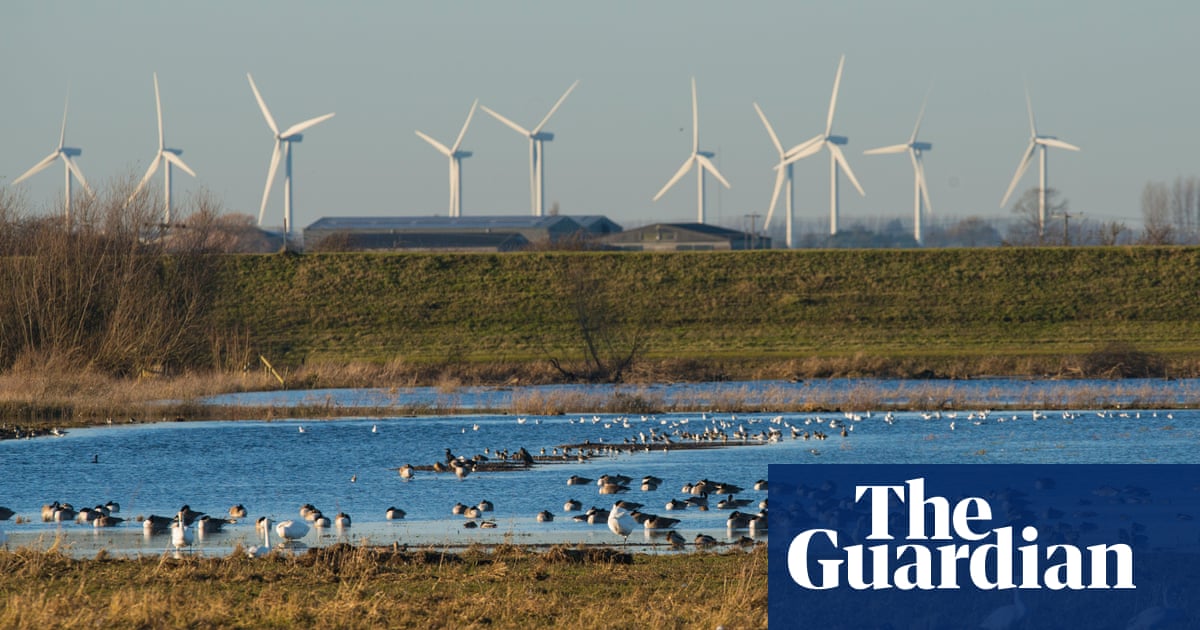- cross-posted to:
- globalnews@lemmy.zip
- cross-posted to:
- globalnews@lemmy.zip
My TL;DR:
Spending on low-carbon measures for the three years from April 2020 to the end of April 2023 was about $33.3bn (£26.2bn) in total for the UK, the lowest out of the top five European economies, according to an analysis by Greenpeace of data from the International Energy Agency.
Italy topped the table for western European economies, having spent $111bn in the period. Germany spent $92.7bn, France $64.5bn and Spain about $51.3bn.
The data includes spending on electricity networks, energy efficiency, innovation on fuels and technology, low-carbon and efficient transport and low-carbon electricity.
On Wednesday, Jeremy Hunt, the chancellor of the exchequer, will deliver the last budget of this parliament, which is likely to centre on tax cuts that economists have said will mainly benefit better-off people. Hunt is expected to devote little resource to energy or green issues.
Quotes from Greenpeace UK and the Department for Energy Security and Net Zero:
Georgia Whitaker, a climate campaigner at Greenpeace UK, said the UK was losing out to international rivals in the race for the economy of the future.
“It’s clear that despite the government’s bluster, we are utterly failing on the world stage when it comes to green investment. Not only are the US and China leaving us in the dust in the race on green technology, we’re also doing terribly compared to our European neighbours,” she said.
She called instead for a green industrial strategy and infrastructure investment. “Jeremy Hunt should use the spring budget to address this embarrassing failure, but instead he’s flirting with tax cuts that disproportionately benefit the wealthiest. Meanwhile, the rest of us struggle on with the cost of living,” she said.
A Department for Energy Security and Net Zero spokesperson said: “This report fails to recognise our progress compared to European allies. We are the first major economy in the world to halve our emissions, and we have the second largest renewables capacity in Europe.
“We have a clear strategy to boost UK industry and reach net zero by 2050 – backed by £300bn in low carbon investment since 2010.”


